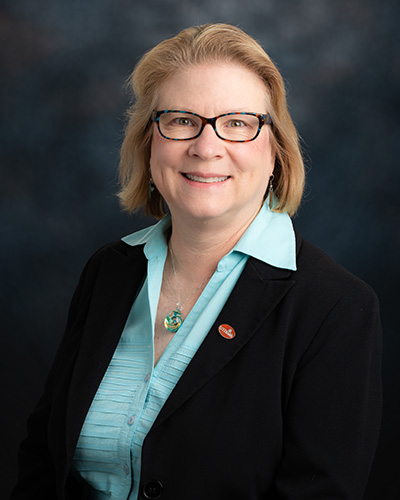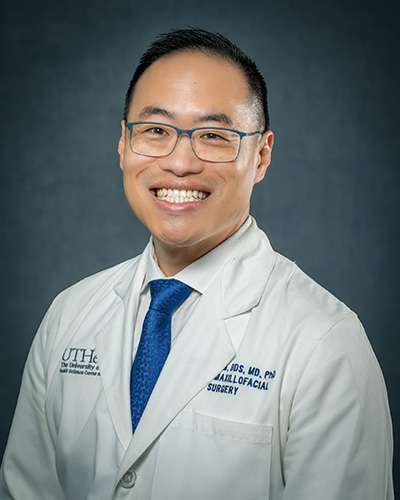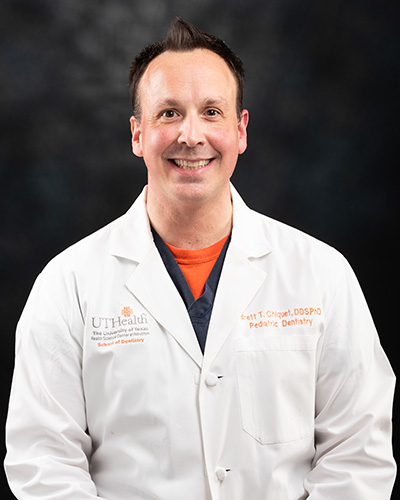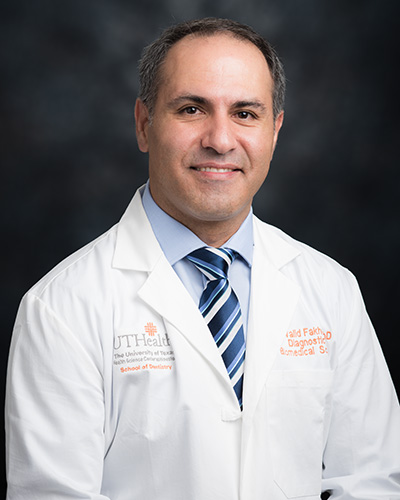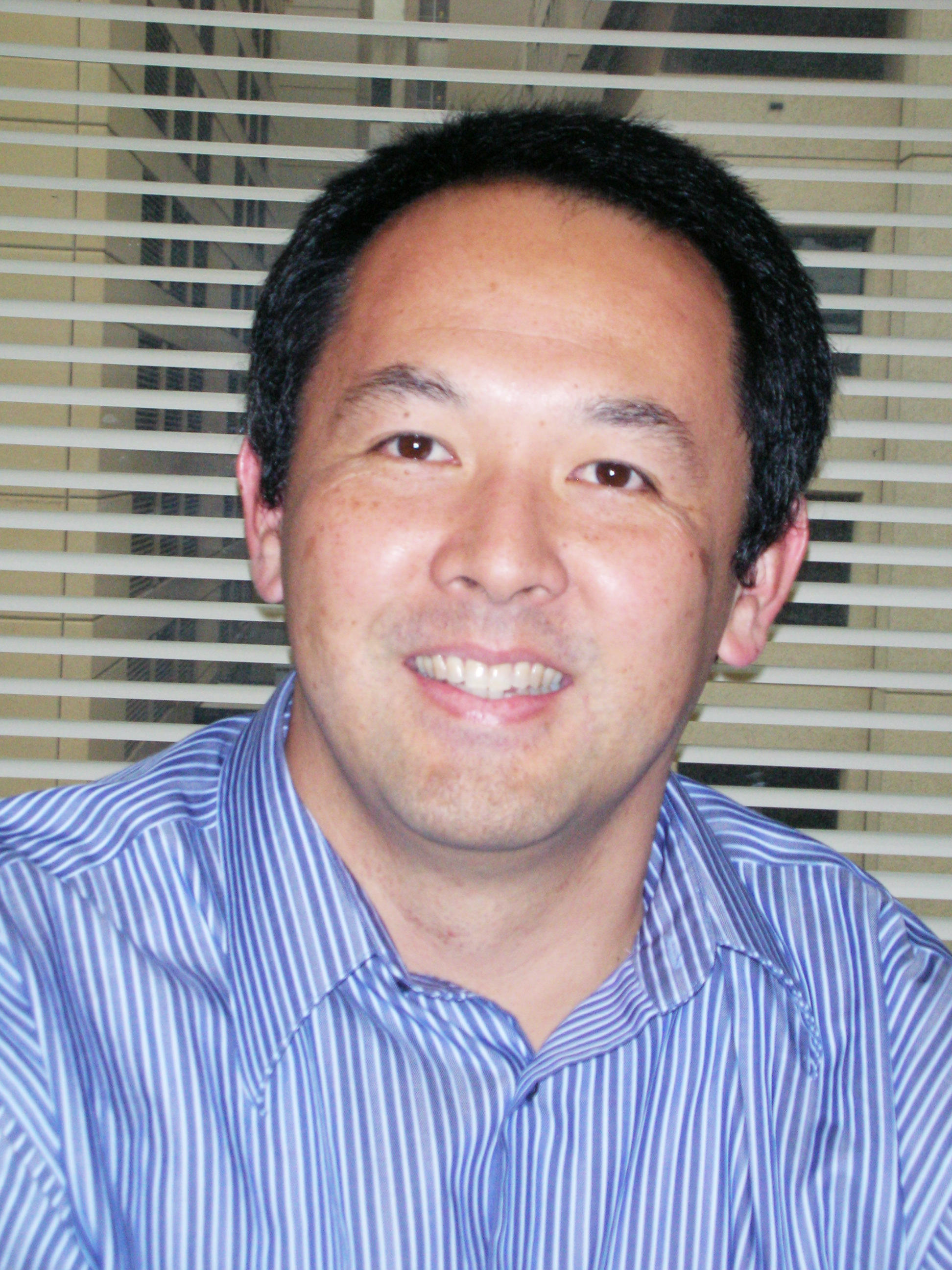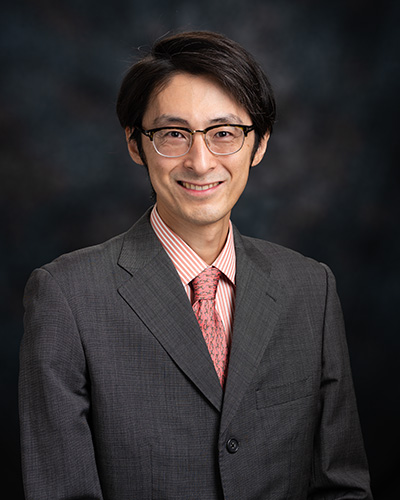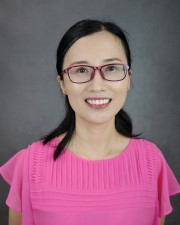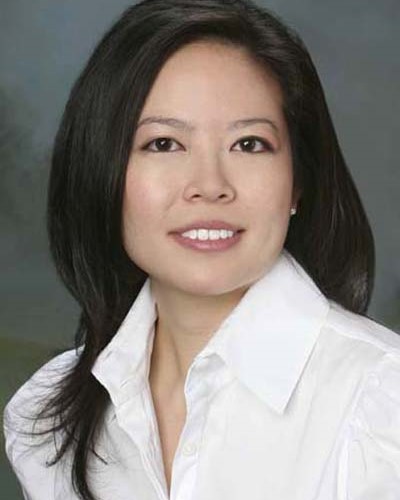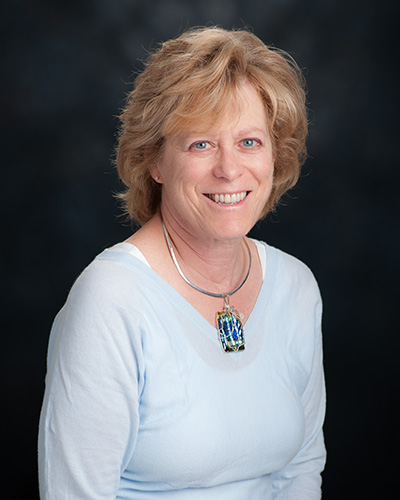
The Center for Craniofacial Research (CCR) was established in 2013 as a collaborative endeavor between the School of Dentistry and McGovern Medical School at UTHealth Houston. Craniofacial anomalies are common affecting 1/30 or 3% of newborns with more than 4.5 million affected annually worldwide. The CCR’s mission is to lead cutting-edge research to identify, understand, prevent and treat craniofacial disorders and dental diseases.
Craniofacial abnormalities are common, costly and crushing for families. Finding the causes of these birth defects is of critical importance and achievable in the near future. This will lead to prevention programs and better treatments.
Jacqueline T. Hecht, PhD, Director, Center for Craniofacial Research
Distinctions of the CCR
- 14 full-time faculty members conducting clinically relevant studies to improve the lives of individuals with craniofacial disorders.
- Funded by federal and private granting agencies including the National Institute of Dental and Craniofacial Research.
- Biobanking that include tissues, cells, DNA and RNA collected from thousands of patients and families with cleft lip and palate, other dental/oral anomalies and cancer conditions.
- Outstanding facilities with state-of-the-art equipment in world-class laboratories.
- Full-time genetic counselor and PhD Medical Geneticist providing clinical and genetic assessment of patients with craniofacial anomalies to help families understand why craniofacial anomalies occur.
Investigators
The CCR is under the direction of nationally recognized geneticist Jacqueline T. Hecht, PhD, MS, professor and director of the Pediatric Research Center at McGovern Medical School. CCR investigators include award winning faculty including recipients of the Krane Award from the American Society for Bone and Mineral Research, two AAAS Fellows, and other honorable mentions in recognition of research achievement.

